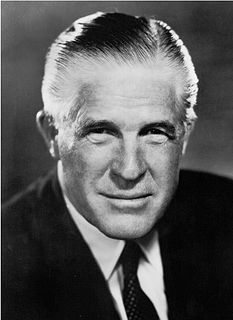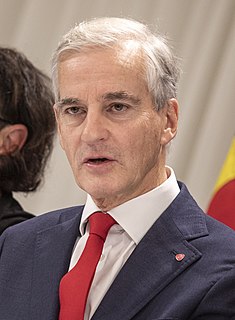A Quote by David Hyde Pierce
I always think extremism is basically a reaction out of fear. What we seem to be experiencing is polar extremism that keeps people from coming together.
Related Quotes
In my view, and in the view of a lot of intelligence experts, the terrorist threat that we face now has morphed significantly from the days of 9/11 to homegrown violent extremism. We have to be concerned and focused on homegrown violent extremism, countering violent extremism that exists within our borders.
We strive towards a better world, but one can never do it without compromise. We can all change the world for the better, starting in your own little surroundings, together with people who believe in it, too. This way you can make it work and show others that it actually can work. That doesn't mean that everybody has to do it like you "or else..." If there is no compromise possible, then it turns into extremism, and I don't think that extremism ever added something positive to the world.
I think the only way one can really determine whether extremism in the defense of liberty is justified, is not to approach it as an american or a european or an African or an Asian, but as a human being. If we look upon it as different types, immediately we begin to think in terms of extremism being good for one and bad for another, or bad for one and good for another. But if we look upon it, if we look upon ourselves as human beings, I doubt that anyone will deny that extremism in defense of liberty, the liberty of any human being, is no vice.
We have learned - or at least we should have - that seeing Islamist extremism purely as a reaction to what we do is fundamentally mistaken. Indeed that view - Western centric as it is - belittles the threat we face. It implies we can somehow opt out of this fight, that if we hide maybe they will leave us alone.



































